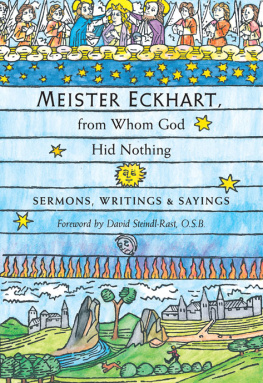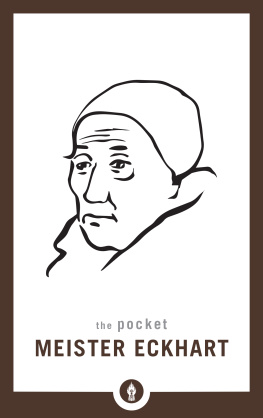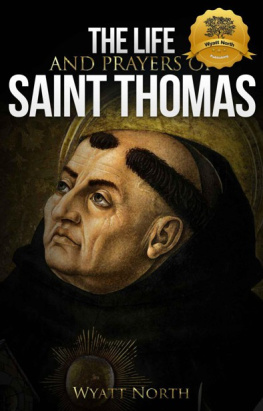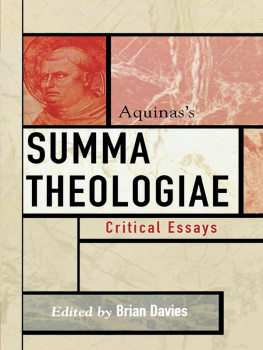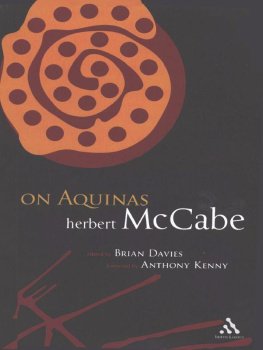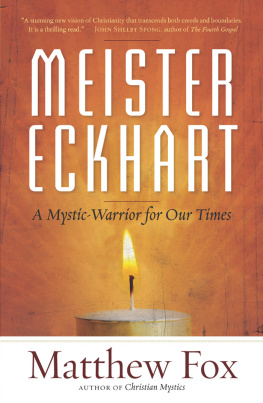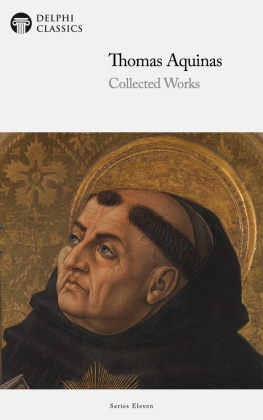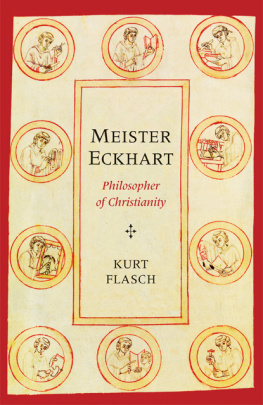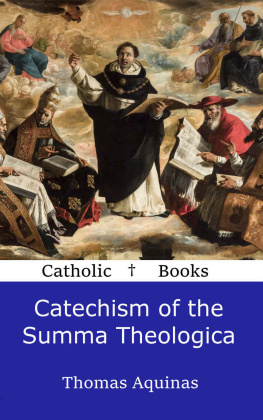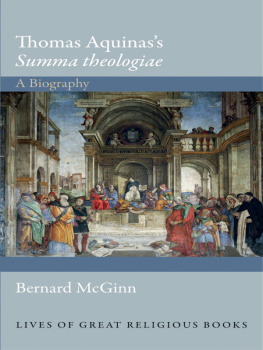ASHGATE NEW CRITICAL THINKING IN RELIGION, THEOLOGY AND BIBLICAL STUDIES
The Ashgate New Critical Thinking in Religion, Theology and Biblical Studies series brings high quality research monograph publishing back into focus for authors, international libraries, and student, academic and research readers. Headed by an international editorial advisory board of acclaimed scholars spanning the breadth of religious studies, theology and biblical studies, this open-ended monograph series presents cutting-edge research from both established and new authors in the field. With specialist focus yet clear contextual presentation of contemporary research, books in the series take research into important new directions and open the field to new critical debate within the discipline, in areas of related study, and in key areas for contemporary society.
Other Recently Published Titles in the Series:
Pannenberg on Evil, Love and God
The Realisation of Divine Love
Mark Hocknull
Averroes and Hegel on Philosophy and Religion
Catarina Belo
Sacrifice and the Body
Biblical Anthropology and Christian Self-Understanding
John Dunnill
Religion in the Thought of Mikhail Bakhtin
Reason and Faith
Hilary B.P. Bagshaw
The Nature of the Soul
The Soul as Narrative
Terrance W. Klein
Cassians Conferences
Scriptural Interpretation and the Monastic Ideal
Christopher J. Kelly
Naturalism and Our Knowledge of Reality
Testing Religious Truth-claims
R. Scott Smith
Thomas Torrances Mediations and Revelation
Titus Chung
SPEAKING OF GOD IN THOMAS AQUINAS AND MEISTER ECKHART
Medieval masters Thomas Aquinas and Meister Eckhart considered problems inherent to speaking of God, exploring how religious language might compromise Gods transcendence or Gods immanence ultimately hindering believers in their journey of faith seeking understanding. Going beyond ordinary readings of Aquinas and building a foundation for further insights into the works of both theologians, this book draws out the implications of the thought of Eckhart and Aquinas for contemporary issues, including ecumenical and inter-religious dialogue, liturgy and prayer, and religious inclusivity. Reading Aquinas and Eckhart in light of each other reveals the profound depth and orthodoxy of both of these scholars and provides a novel approach to many theological and practical religious issues.
Speaking of God in Thomas Aquinas and Meister Eckhart
Beyond Analogy
ANASTASIA WENDLINDER
Gonzaga University, USA
ASHGATE
Anastasia Wendlinder 2014
All rights reserved. No part of this publication may be reproduced, stored in a retrieval system or transmitted in any form or by any means, electronic, mechanical, photocopying, recording or otherwise without the prior permission of the publisher.
Anastasia Wendlinder has asserted her right under the Copyright, Designs and Patents Act, 1988, to be identified as the author of this work.
Published by
Ashgate Publishing Limited
Wey Court East
Union Road
Farnham
Surrey, GU9 7PT
England
Ashgate Publishing Company
110 Cherry Street
Suite 3-1
Burlington, VT 05401-3818
USA
www.ashgate.com
British Library Cataloguing in Publication Data
A catalogue record for this book is available from the British Library
The Library of Congress has cataloged the printed edition as follows:
Wendlinder, Anastasia Christine.
Speaking of God in Thomas Aquinas and Meister Eckhart : beyond analogy / by Anastasia Wendlinder.
pages cm.(Ashgate new critical thinking in religion, theology, and biblical studies)
Includes bibliographical references and index.
ISBN 978-1-4094-6916-2 (hardcover)ISBN 978-1-4094-6917-9 (ebook)ISBN 978-1-4094-6918-6 (epub) 1. God (Christianity)History of doctrinesMiddle Ages, 600-1500. 2. Thomas, Aquinas, Saint, 1225?-1274. 3. Eckhart, Meister, -1327. I. Title.
BT98.W46 2014
231dc23
2013045826
ISBN 9781409469162 (hbk)
ISBN 9781409469179 (ebk-PDF)
ISBN 9781409469186 (ebk-ePUB)
Contents
Preface
Undoubtedly, Thomas Aquinasas thankfully reinterpreted through great minds such as Rahner, Congar, de Lubac, Chenu and many othershad a dramatic effect on my spiritual and religious formation as I grew up in the immediate aftermath of Vatican II, even though I had no inkling of this; it was not until I was off to college at 18 that I remember even hearing Aquinas name, and that only because I attended the Roman Catholic church closest to my secular college campus; the parish was called St. Thomas Aquinas. This was a spirited, Vatican II-centered parish serving those Roman Catholic students attending the University of Colorado at Boulder and a number of families and community members who just wanted to be there.
Yet it was not Aquinas who directed my unrelenting theological inquiry during those young adult years, at least not explicitly, but other theologians, mystics, and spiritual guides, namely the charismatic and controversial Jesuit from India Anthony de Mello, initially through his meditation exercises in Sadhana, A Way to God: Christian Exercises in Eastern Form,to theology as a graduate student, through my doctoral work on the relationship between Eckhart and Aquinas, and still grounds me today as a teacher, scholar, and believerwhat gives me my reason for being, so to speak.
It is important to explain that it was in no way a negation or denigration of my own sense of self-hood that drew me to this passage, nor is it now. Quite the opposite, these words touch in me the deepest and most profound sense of myselfthat which is in communion with, and which identifies with my own Divine Source and End, God beyond god. It is where I find my truest self: in and with God; my Center; my Silence. The emptying of self, of god and of all gods works is for me a constant reminder of the necessity of moving beyond all personal fears, all conceptions of god which are inevitably false and misguided, and beyond all of my own hidden agendas for which I would like to call Gods agendas, so that I might become what I am truly called to be. No small task, and an unending one at that!
Enter Aquinas, whose lessons assisted me in organizing and developing facility in articulating my unbridled theological self-reflection. This grace came to me through my dear mentor, Fr. David Burrell, C.S.C., who I first came to know from his doctoral course Metaphysics of Creation at Notre Dame. David, a former student of Lonergan, is a theological giant in his own right, with significant contributions not only in Aquinas, but also in comparative theology and Islamic philosophy. Our study of Dante, interspersed at times with Hindu wisdom, became a strangely beautiful commentary on Aquinas first thirteen questions.
During the same semester, I was blessed to participate in Catherine Mowry LaCugnas doctoral seminar on the Trinity, only one year before her passing. One of Catherines pedagogical methods, which I have adopted in my own teaching, particularly with graduate students, was to assign at the beginning of the semester a specific theologian to each student who was to research, write on, and take on the task of teaching the class. Here the students became teachers as well as scholars. To my great surprise and delight, I was assigned Meister Eckharts theology on the Trinity and, even though my turn to facilitate was not until later in the semester, I wasted no time plunging back into his enigmatic mind!
Next page

